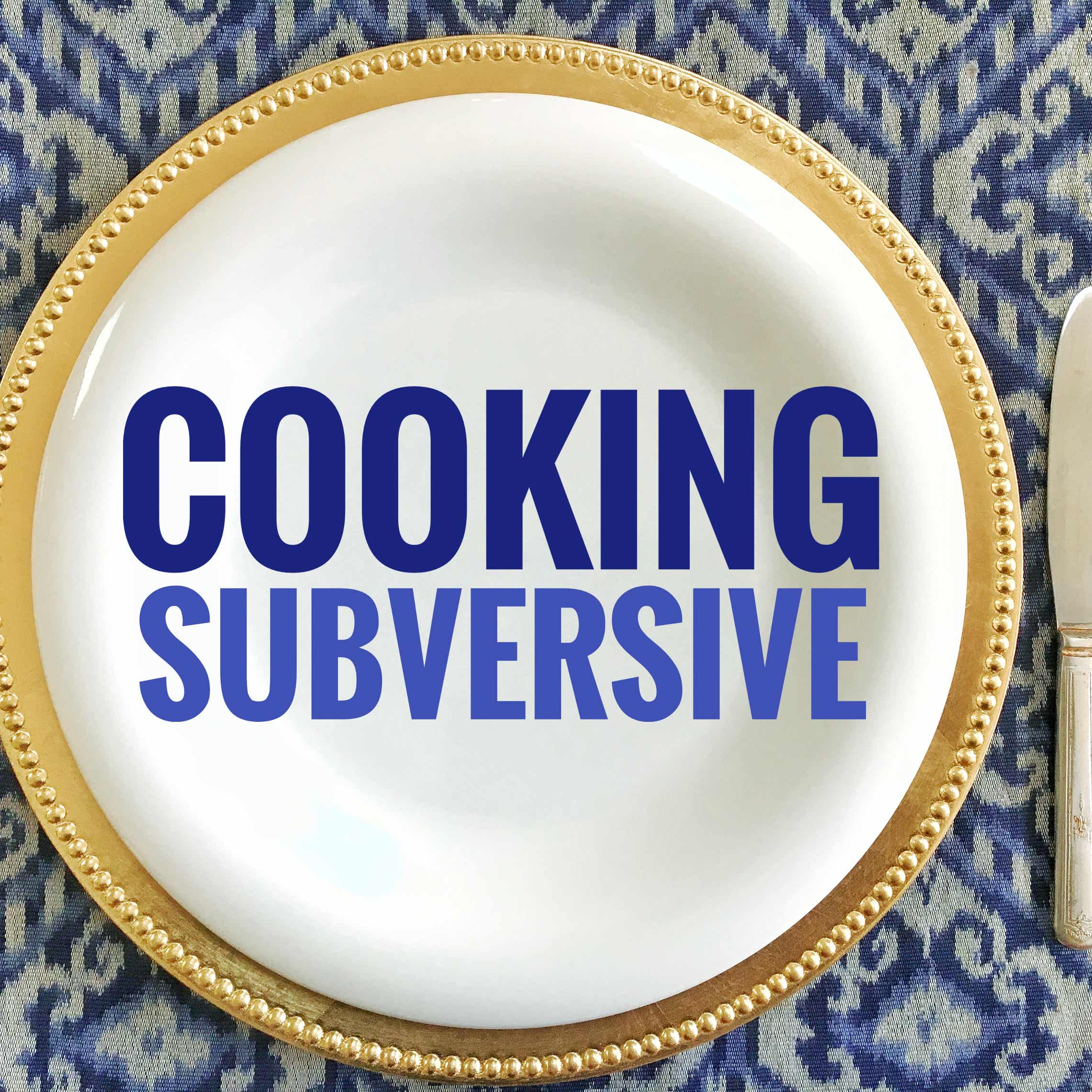“I’ll Have The Poison on the Side Please.” Chemicals in our Food (part 4)
Description
#GeekingOutSeries/Safety101/ChemicalsinFood/4
This post is part of the Geeking Out series which presents data-driven information on food and farming, safety in the kitchen, practical science for cooks, cooking techniques and processes and other relevant nerdy stuff that every cook should know. This post is from the chapter, Safety 101 and the final episode of a four part series.
How sugar insinuated itself into the American diet is a fascinating tale that begins with the scientific community’s colossal error in choosing personality over substance, and how we’re all living with the ramifications of this onerous mistake.
The Charm Offensive: Sugar vs. Fat
In the 1950’s, two competing theories were being floated on what caused heart disease. A physiologist from the University of Minnesota, Ancel Keys, posited that fat (cholesterol) was the enemy. On the other side of the Atlantic, John Yudkin, a British professor of Nutrition, had a hypothesis that sugar was the culprit. Ancel Keys was also the inventor of K ration, the packaged food America’s soldiers relied on.
When US President Dwight Eisenhower had a heart attack in 1955, his doctor gave a press conference instructing Americans to stop smoking and cut down fat and cholesterol to avoid heart disease, citing Ancel Keys’s theory. Meanwhile, to buttress his hypothesis, Keys collected what seemed to be inarguable evidence that a diet low in saturated fat was key to a healthy heart. What came to be known as the Seven Countries Study (which included countries like Greece and Italy), introduced Mediterranean diet into the gastronomic lexicon and became the foundation for vilifying fat. Never mind that Keys may have cherry picked his data, having excluded France and West Germany which had high-fat diets and low rates of cardiovascular disease.
What followed was a bloody battle where fact-based data was not the winner. In The Sugar Conspiracy, published by The Guardian, writer Ian Leslie describes how the scientific community gravitated towards Keys’s Fat hypothesis despite inconsistencies in data, attributing personality as a key determinant. He writes:
“Ancel Keys was brilliant, charismatic, and combative. A friendly colleague at the University of Minnesota described him as, “direct to the point of bluntness, critical to the point of skewering”; others were less charitable. He exuded conviction at a time when confidence was most welcome. The president, the physician and the scientist formed a reassuring chain of male authority, and the notion that fatty foods were unhealthy started to take hold with doctors, and the public.”
Don’t forget he was also the inventor of the all-American K-ration. Yudkin, on the other hand, was of the quiet sort. We all know who won that war. John Yudkin was ridiculed by the scientific community and when he published his book, “Pure, White, Deadly” in 1972 to warn the public that it was indeed sugar that was the enemy of good health, his reputation had tanked and his book, though popular at the time, languished into near obscurity.
So “Fat is Bad” won, now what?
Here’s where it gets dicey. In 1980, the US government released dietary guidelines to cut back on saturated fats and cholesterol. The UK followed suit in 1983. The verdict was loud and clear and resounded beyond the borders of North America. FAT IS BAD AND CAUSES HEART DISEASE. A surge of Low-fat and Fat-free food products began lining supermarket shelves and refrigerated sections. Eggs were shunned, margarine replaced butter; skim milk was substituted for whole milk. In Manila, I was using non-dairy creamers in coffee and avoiding avocados.
The thing is, besides physiological benefits like helping you feel fuller, fat is responsible for other positive culinary traits such as a smooth and creamy texture, delightful mouthfeel, moisture and most importantly, flavor. Someone at one of my cooking classes told me th
More Episodes
Published 02/11/22
#GeekingOutSeries/Safety101/ChemicalsinFood/3
This post is part of the Geeking Out series which presents data-driven information on food and farming, safety in the kitchen, practical science for cooks, cooking techniques and processes and other relevant nerdy stuff that every cook should know. ...
Published 02/04/22
#GeekingOutSeries/Safety101/ChemicalsinFood/2
This post is part of the Geeking Out series which presents data-driven information on food and farming, safety in the kitchen, practical science for cooks, cooking techniques and processes and other relevant nerdy stuff that every cook should know. ...
Published 01/21/22


